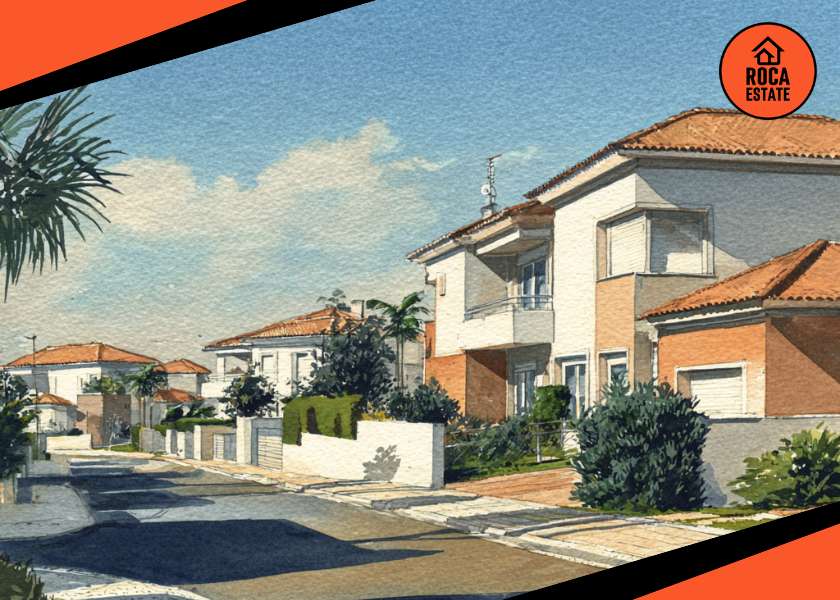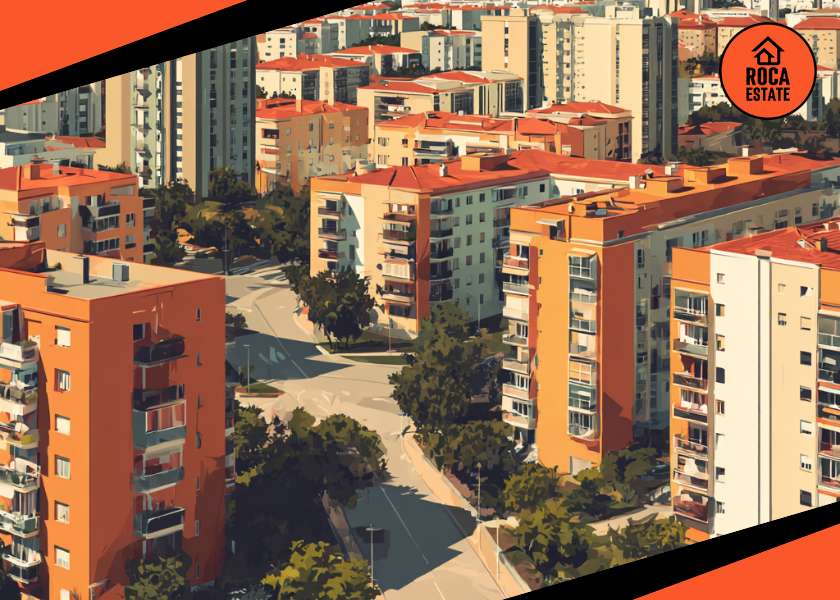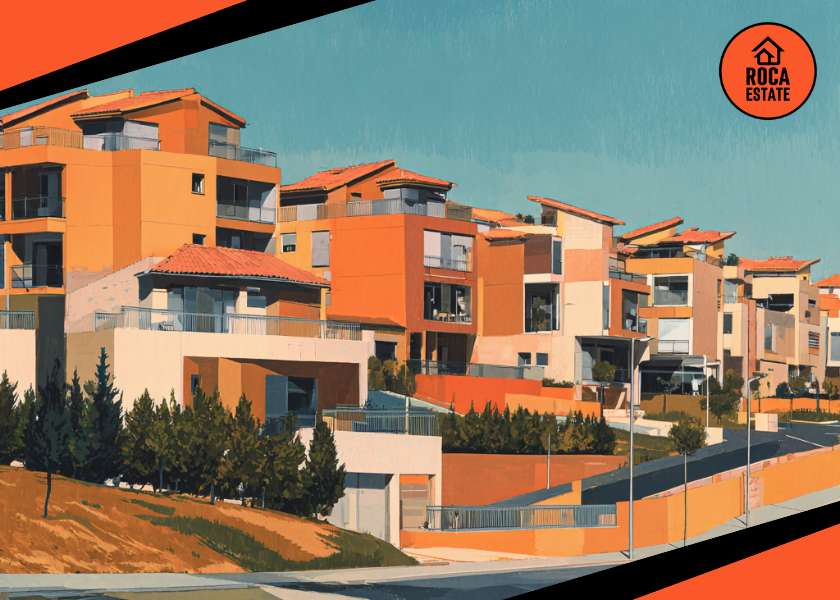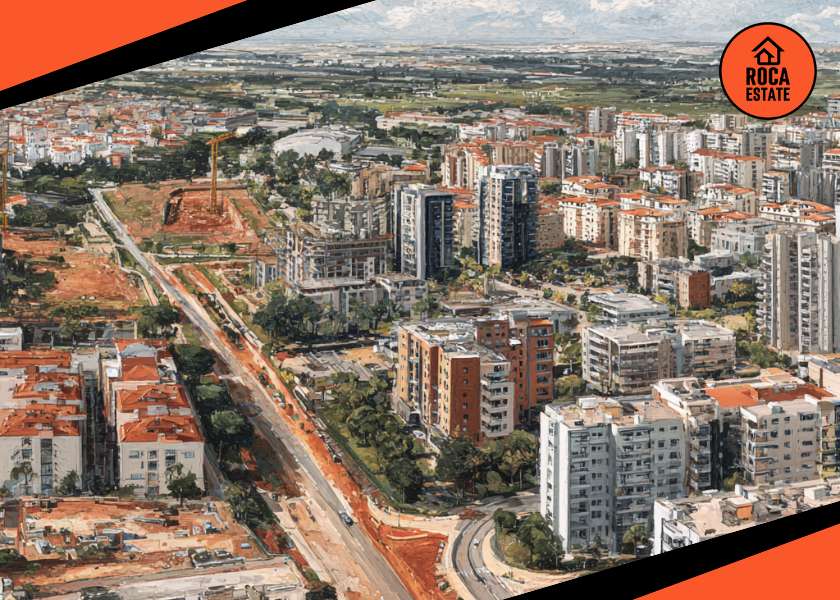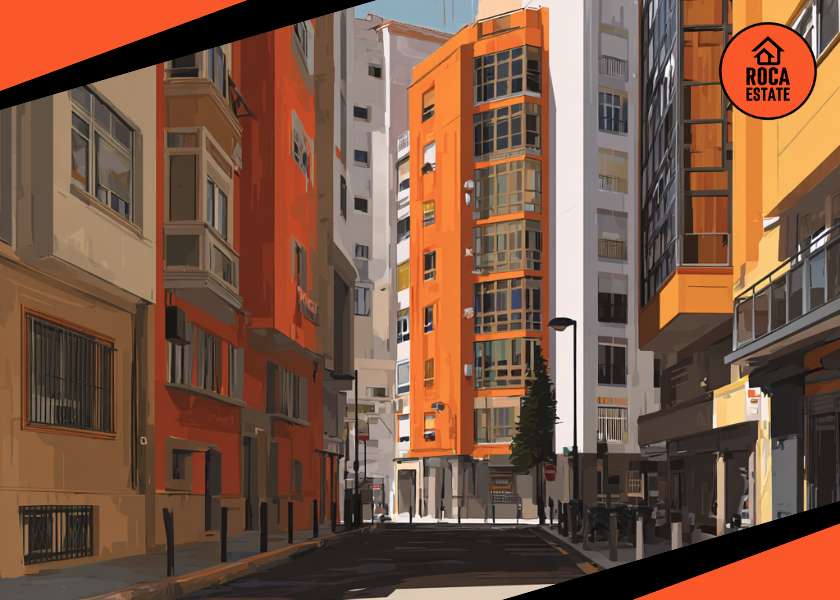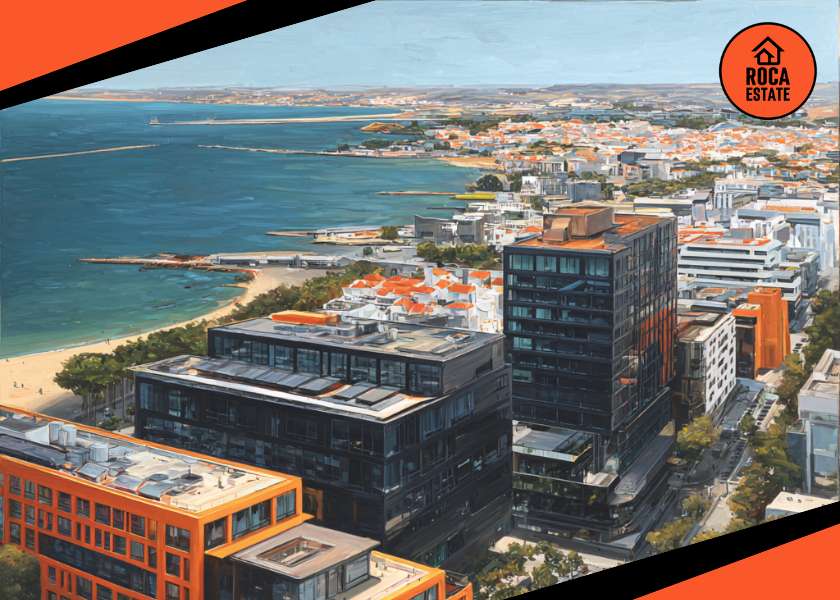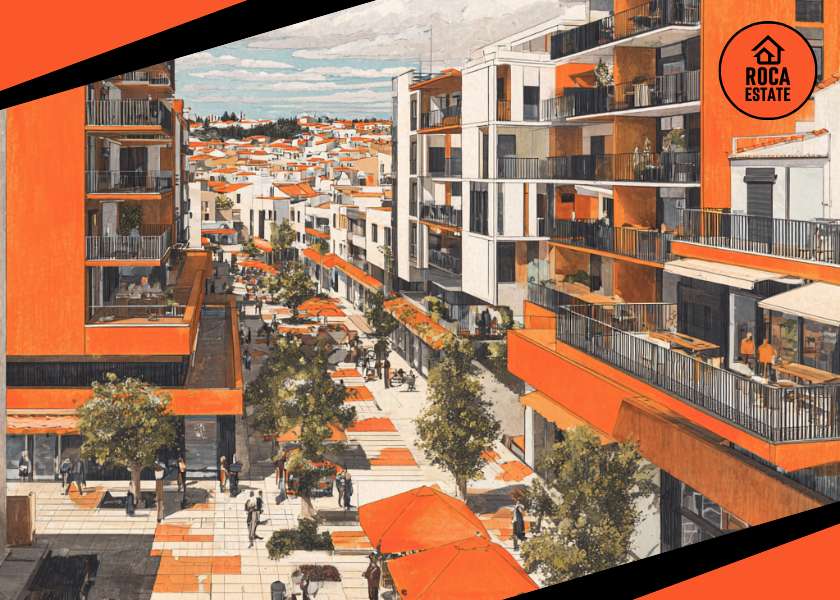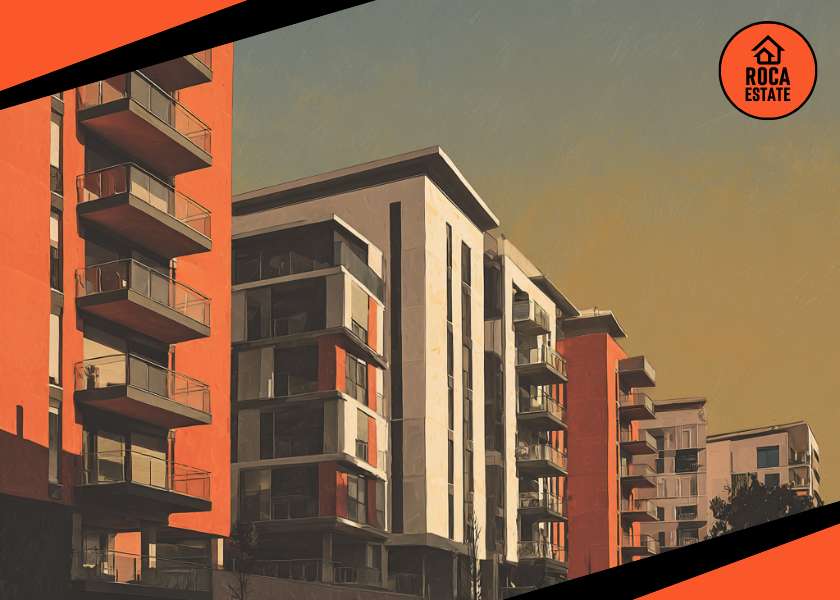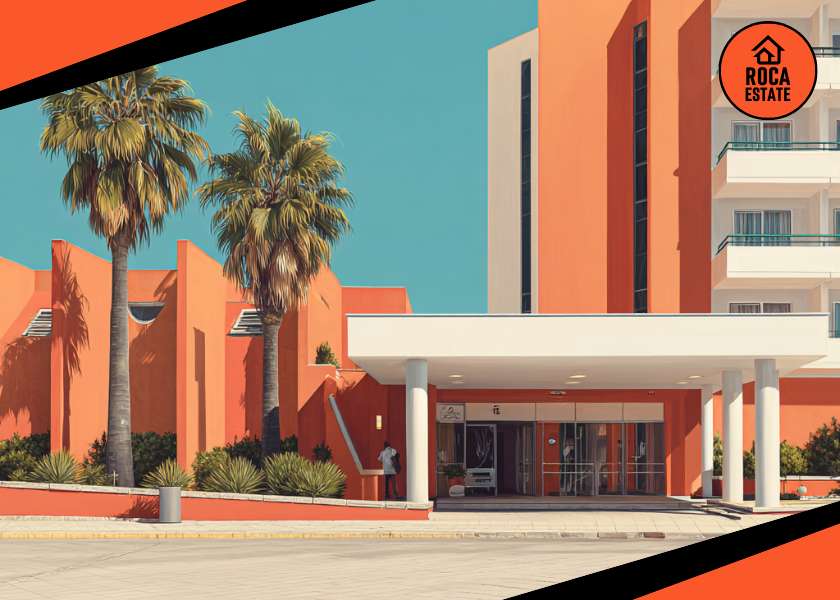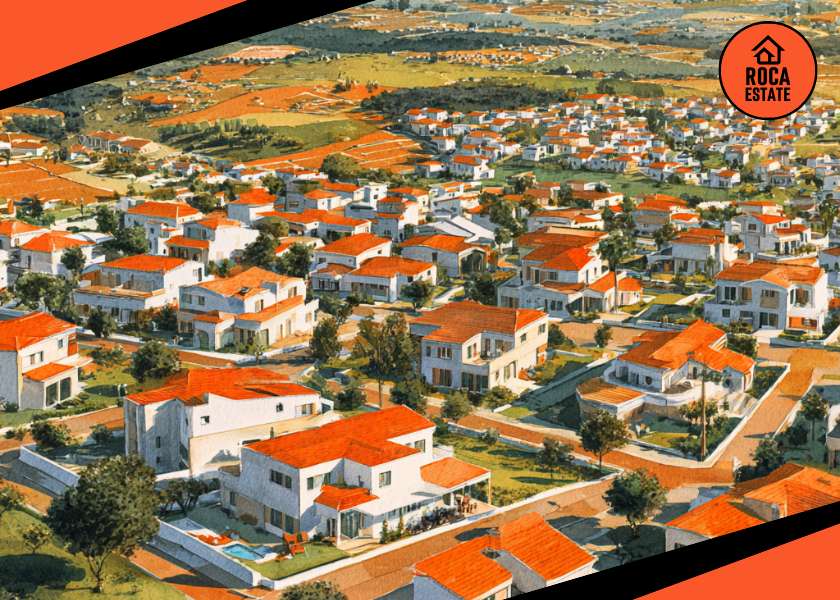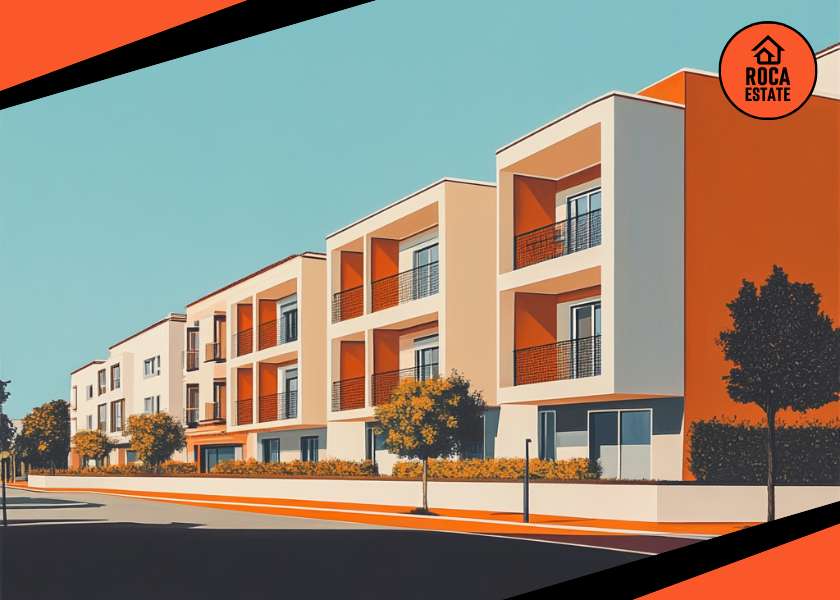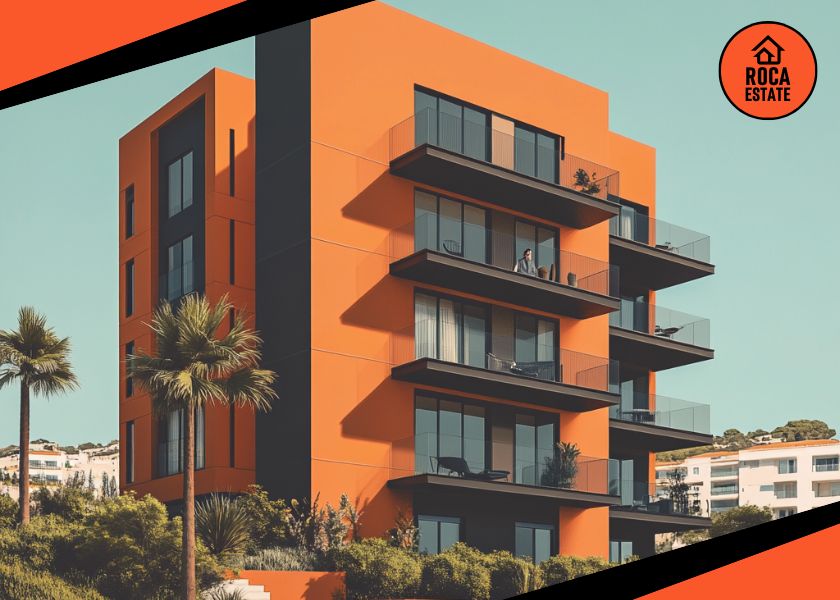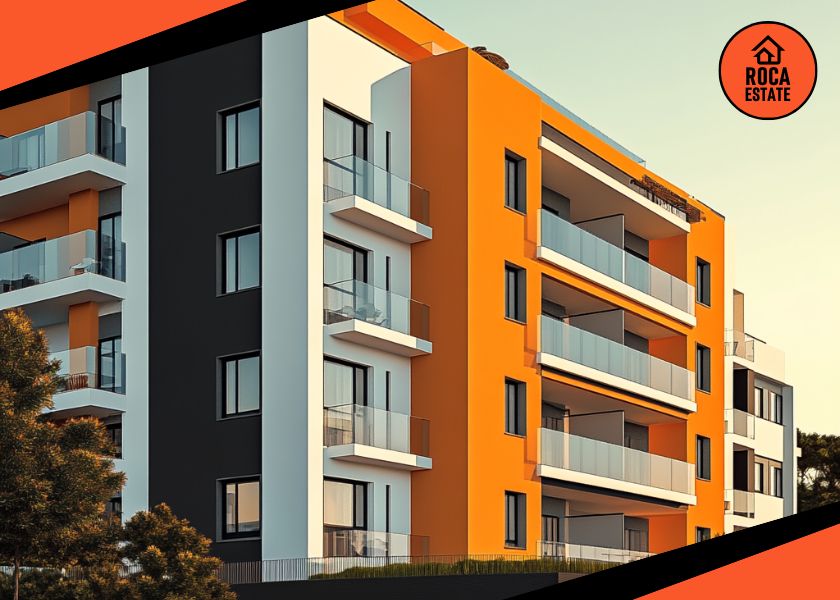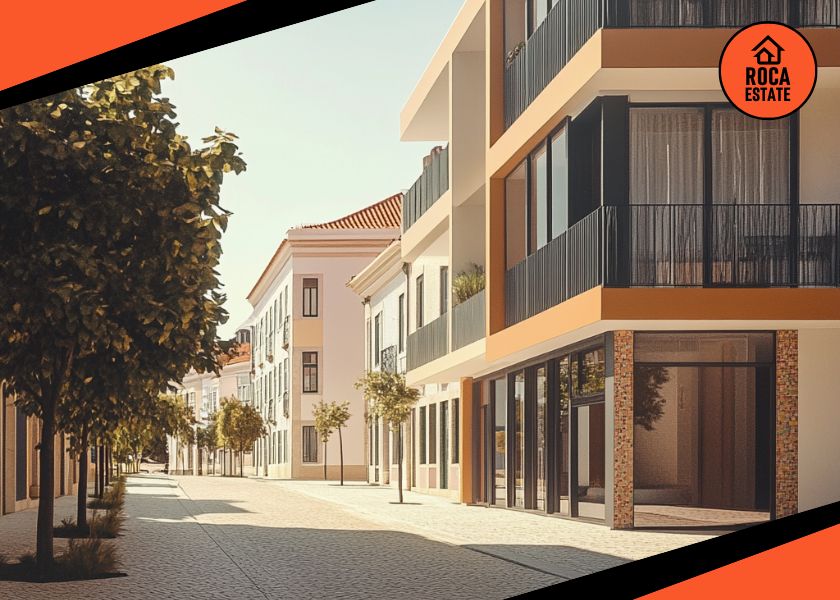The Portuguese tourism sector has long been a significant driver of economic activity, and its performance is closely linked to the real estate market, particularly for investors looking at opportunities in hospitality and short-term rental accommodations. The latest data from July 2024 provides valuable insights for real estate investors considering expanding into this market.
Key Highlights from the July 2024 Tourist Activity Data
- Growth in Tourist Activity: The accommodation sector saw 3.2 million guests (+1.5% year-on-year) and 9.0 million overnight stays (+2.1% year-on-year). This is a strong indicator of demand, especially in key tourist areas like Algarve and Lisbon.
- Revenue Performance: Total revenue from tourist accommodation grew by 7.2% compared to the previous year, reaching €803.0 million, while revenue from accommodation specifically grew by 7.7%, amounting to €640.4 million. Revenue per available room (RevPAR) also increased by 5.4% to €96.4, and the average daily rate (ADR) was up 6.1% to €144.9.
- Regional Breakdown: The Algarve region continued to lead in ADR at €181.5, followed by Greater Lisbon at €160.8. Lisbon accounted for 16.2% of all overnight stays, with strong growth from non-resident tourists (+3.3%). Portimão, a key city in the Algarve, stood out with a notable 10.9% growth in overnight stays, largely driven by non-resident demand (+15.5%).
- Non-Resident Demand: Between January and July 2024, non-resident overnight stays increased by 5.5%, whereas domestic overnight stays grew by just 0.6%. This suggests a growing international interest in Portugal as a tourist destination, reinforcing its attractiveness as a market for real estate investment, especially for short-term rental properties catering to foreign visitors.
Implications for Real Estate Investors
- Increasing Demand for Hospitality Properties: The steady increase in both guest numbers and revenues, particularly in key tourist areas, suggests strong demand for hospitality-related real estate investments. Investors focusing on hotels, short-term rentals, or vacation homes are likely to benefit from this sustained growth. The increase in ADR and RevPAR signals an ability to command higher prices per night, contributing to attractive returns on investment.
- Favorable Regional Dynamics: Regions like Algarve and Lisbon continue to demonstrate robust performance, with high ADRs and significant non-resident demand. Portimão’s standout growth, driven by foreign tourists, also highlights the importance of strategically selecting locations that cater to international visitors. Investors would do well to focus on these high-demand areas to maximize occupancy and revenue potential.
- Long-term Market Stability: The consistent year-on-year growth in revenue and overnight stays, particularly from non-residents, indicates long-term stability and potential for growth in the tourism sector. Real estate investments tied to tourism are likely to see continued demand, especially as Portugal remains a popular destination for international travelers.
- Potential for Diversification: While urban centers like Lisbon and Porto have traditionally been popular, the growth in lesser-known regions such as Portimão signals an opportunity for diversification. Investors could explore emerging areas with growing tourism appeal, which may offer lower entry points and higher growth potential in terms of property value and rental yields.
Conclusion
For real estate investors eyeing the Portuguese market, the data from July 2024 highlights a resilient and growing tourism sector, particularly driven by international visitors. Strategic investments in hospitality and short-term rental properties in high-demand regions like Algarve and Lisbon could yield favorable returns. Additionally, emerging areas with increasing tourist activity, such as Portimão, present opportunities for diversification and growth.
While the tourism market shows signs of stabilization with modest growth, the consistent increase in revenues and demand from non-resident tourists positions Portugal as a strong contender for real estate investment. Investors should remain mindful of regional dynamics and the increasing importance of catering to international visitors, which will likely continue to drive growth in the coming years.
This environment offers a robust platform for both short-term gains through rental income and long-term value appreciation in Portugal’s property market.
Overnight stays
Overnight stays (by region)
Guests in tourist accommodation establishments
Net room occupancy rate
Net room occupancy rate (by region)
Net room occupancy rate (YoY; by region)
Average Daily Rate (ADR) (YoY; by region)
Portugal’s booming tourism sector is driving demand for short-term rentals and hospitality-related assets. To see how Roca Estate strategically selects and manages such projects, explore our investment focus—a key factor in identifying the best investments in Portugal and maximizing returns in real estate investment in Portugal.



